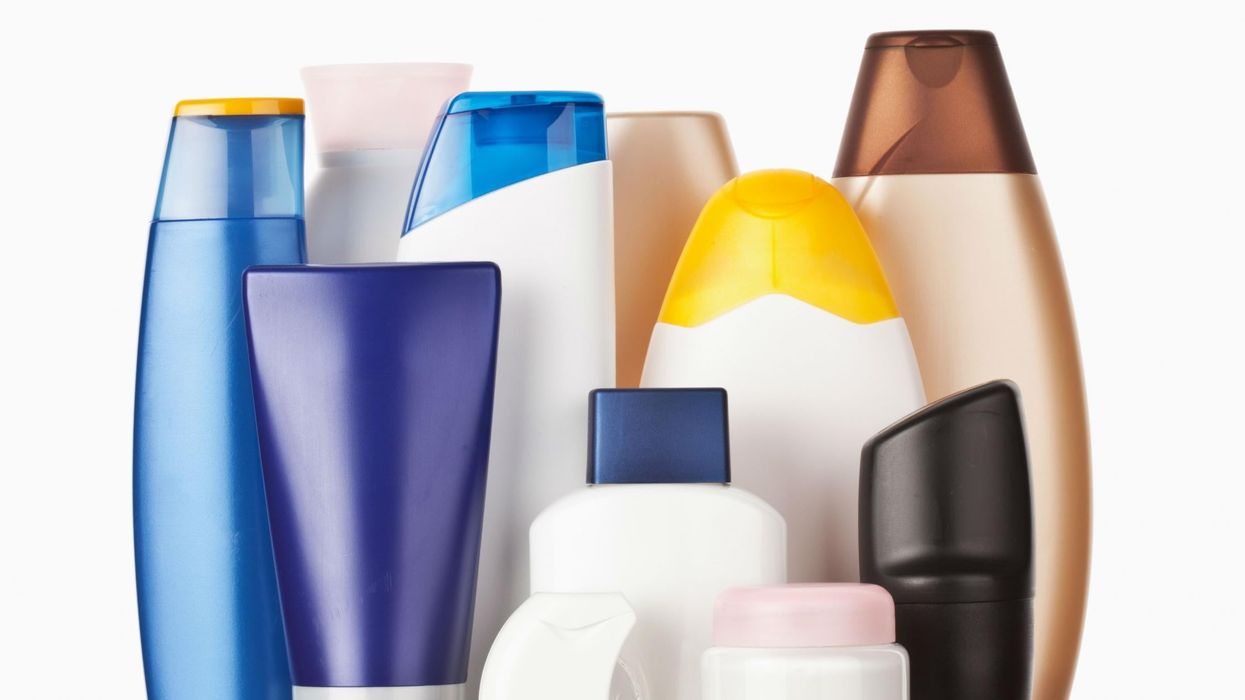
Our knowledge of gender and sexuality might be expanding rapidly, but it seems advertising agencies still haven’t received the memo.
We know now that not all boys wear blue, smash up toy monster trucks and dream of becoming sports stars; we also know that girls don’t necessarily fantasise about becoming princesses, or looking ‘glamorous’.
Yet products which have literally nothing to do with gender are still being marketed according to tired clichés.
In 2018, Philip Green – a 49-year-old priest and father to daughters Emily, 13, and Abbie, 10 – shared his frustrations with the Mail Onlineafter spotting a series of Radox shower gels, some of which – the ones emblazoned with words like ‘sporty’, ‘powerful’ and heroic’ – were targeted specifically at men.
Women, on the other hand, were given the options to either look ‘glam’ or ‘fabulous’. How inspiring!
Expanding on his anger, Green explained:
I think it sends all the wrong messages and promotes stereotyping. Women can be strong and powerful, and men can be fabulous. I find it offensive for women to be seen only in a certain way.
Why can’t women be seen as strong as well?
He later filed a complaint to his local branch of Sainsbury’s, who subsequently recommended he contact Unilever instead.
A spokesperson swiftly replied:
At Radox, we always try to design products that clearly explain their benefits and how they make you feel and smell.
We have a wide range of products available that can be used by both men and women, and that meet a variety of different needs.
While it’s hard to imagine something as simple as a shower gel could actually make you feel ‘exotic’, Green also took issue with the ‘FOR MEN’ label on the male products, a strangely common inclusion which implies that male skin disintegrates at the merest hint of ‘femininity’.
Shower gel is for literally anybody with skin, which makes its division by gender entirely baffling.
Green, who has campaigned for equality in schools in the past, has called for Sainsbury’s to stop selling the products until Radox rectifies its labelling; he has already reached out via social media, and has been met with another company response.
Doubling down on his point, he rounded off his initial statement by explaining the deeper implications of packaging like this:
We are drawn to everyday sexism so much. We just buy this narrative that men are strong and athletic, while women are pretty and fabulous.
It is so deep in our culture, the vast majority of people don’t even notice. I just wanted my girls to grow up in a world where gender simply isn’t an issue – nor in pay, not in marketing, not in lifestyle choices.
indy100 has contacted Sainsbury's for comment.
This article was originally published in July 2018.













